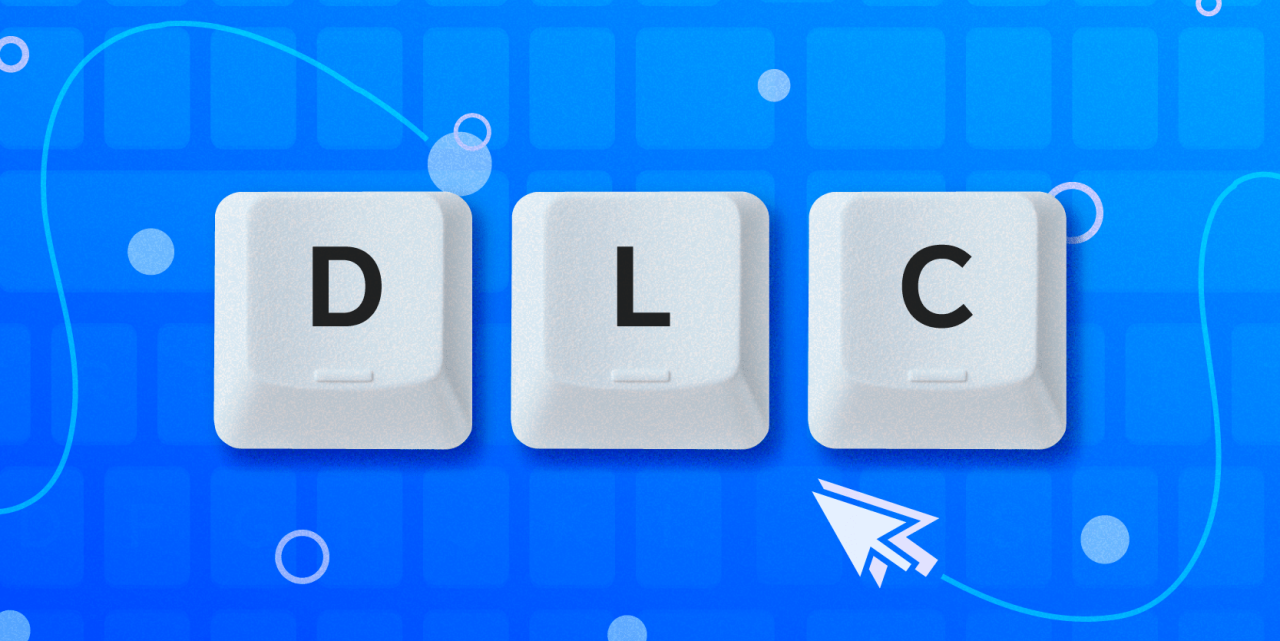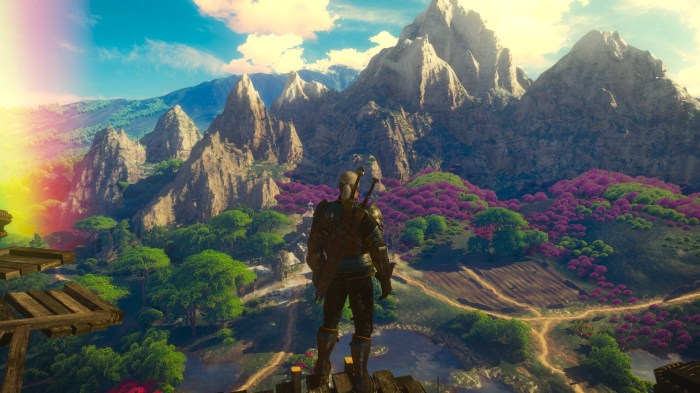Welcome to the realm of downloadable content (DLC) in games, where the boundaries of virtual experiences expand beyond the initial release. DLC has become an integral part of the gaming industry, offering a myriad of opportunities and challenges. Join us as we delve into the meaning of DLC in games, exploring its types, benefits, and the future that lies ahead.
DLC, an abbreviation for downloadable content, refers to additional digital content released after a game’s initial launch. These add-ons can range from minor cosmetic items to substantial expansion packs that significantly enhance the gameplay experience. The advent of DLC has revolutionized the way games are developed and consumed, opening up new avenues for developers to engage with their audiences and extend the lifespan of their creations.
Meaning of DLC in Games

Downloadable content (DLC) refers to additional digital content that extends the gameplay and features of video games. DLC can take various forms, including expansion packs, cosmetic items, and season passes, and is typically released after the initial game launch.
Expansion packs are substantial content additions that introduce new storylines, characters, levels, or gameplay modes. Cosmetic items, on the other hand, are purely aesthetic enhancements, such as character skins, weapons, or vehicles.
Season passes provide access to a bundle of future DLC releases at a discounted price, often including exclusive content or early access to upcoming expansions.
Benefits of DLC, Meaning of dlc in games

DLC offers numerous benefits for game developers. It allows them to extend the lifespan of their games, engage players for longer periods, and generate additional revenue streams.
For players, DLC can enhance the gaming experience by providing new challenges, fresh content, and expanded gameplay options.
DLC also plays a crucial role in the growing trend of “games as a service,” where developers release ongoing content updates and support to keep their games relevant and engaging over time.
Challenges Associated with DLC
While DLC can be a valuable addition to video games, it also comes with potential challenges.
Excessive or poorly designed DLC can fragment the player base, as those who do not purchase the DLC may miss out on important content or gameplay features.
There are also ethical concerns surrounding DLC, as some critics argue that it can lead to over-monetization of games and a decline in the quality of base game releases.
Case Studies of Notable DLC Releases

Numerous DLC releases have significantly impacted the gaming industry. One notable example is the “The Witcher 3: Blood and Wine” expansion pack, which added a vast new region, storyline, and gameplay mechanics to the critically acclaimed RPG.
Another successful DLC release was “Grand Theft Auto V: The Heists,” which introduced cooperative multiplayer missions and a new narrative to the popular open-world game.
Future of DLC in Gaming
The future of DLC in gaming is likely to see continued innovation and growth.
Developers may explore new ways to integrate DLC into the core gameplay experience, while players will increasingly demand high-quality and meaningful content additions.
DLC is expected to remain an integral part of the gaming industry, providing developers with a means to extend the lifespan of their games and enhance the player experience.
Key Questions Answered
What are the different types of DLC?
DLC can come in various forms, including expansion packs, cosmetic items, season passes, and microtransactions.
How does DLC benefit game developers?
DLC provides additional revenue streams, extends the lifespan of games, and enhances player engagement.
What are some challenges associated with DLC?
DLC can lead to player base fragmentation, ethical concerns, and potential over-monetization.
